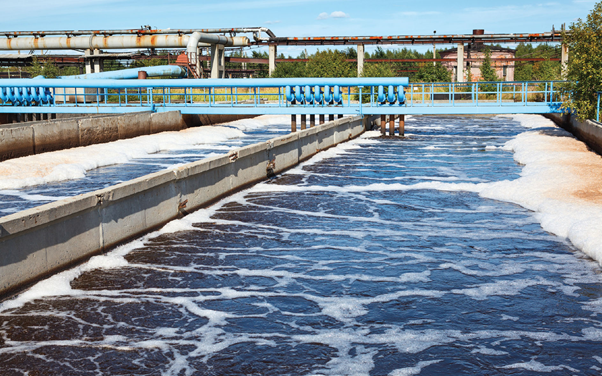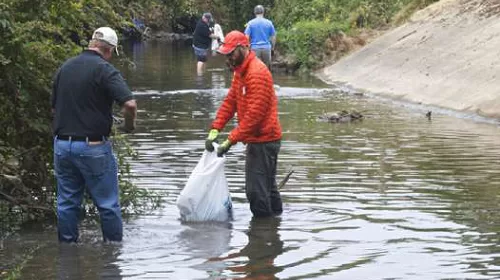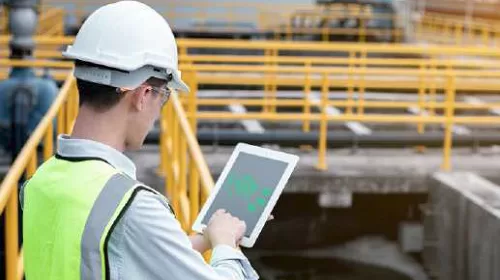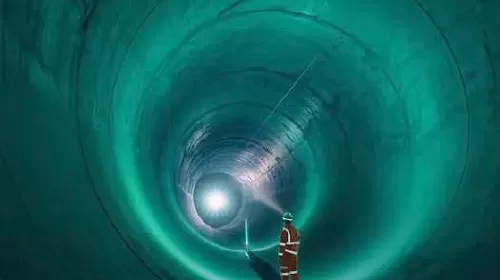This information was given by the Minister of State, for Jal Shakti, Shri Bishweswar Tutu in a written reply in the Look Sabha. As per the Provisions of Environment (Protection) Act, 1986 and Water (Prevention & Control of Pollution), Act 1974, industrial units and local bodies are required to install effluent treatment plants (ETPs)/ common effluent treatment plants (CETPs) and Sewage treatment plants (STPs) respectively and treat their effluents/sewage to comply with stipulated environmental
Standards before discharging them into river and water bodies. Accordingly, CPCB, State Pollution Control Boards/Pollution Control Committees monitor industries with respect to effluent discharge standards and take punitive action for noncompliance under provisions of these Acts. Central Pollution Control Board (CPCB) in association with State Pollution Control Boards/Committees in different States/Union Territories (UTs) have been monitoring water quality of rivers and other water bodies, across the country through a network of 4294 monitoring stations under the National Water Quality Monitoring Programme. Presently, there are 245 Government/Private Environmental
Laboratories recognized by the Ministry of Environment Forest & Climate Change (Moe & CC) and CPCB under the Environment (Protection) rules, 1986 in the country. This Ministry supplements the efforts of State/UT Governments by providing financial and technical assistance in planning, designing and implementation of drinking water supply schemes and setting up drinking water quality testing laboratories through the Jal Jeevan Mission (JJM)-Her Ghar Jal. States/ UTs can utilize up to 2% of their annual allocation of funds under JJM for Water Quality Monitoring & Surveillance (WQM & S) activities inter-alia which includes setting up and strengthening of water quality testing laboratories, procurement of equipment, instruments , chemicals, glass ware, consumables, hiring of skilled manpower, surveillance by community using field test kits (FTKs), awareness generation, educational programmed on water quality, accreditation/ recognition of laboratories and so on. As reported by States/UTs, Department of Water Supply/ Water & Sanitation/ Public Health Engineering has a network of 2,070 drinking water quality testing laboratories at different levels of the State/UT.





